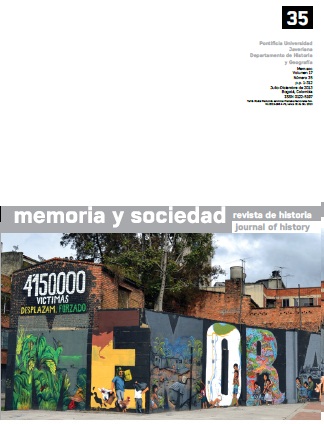Abstract
Cynicism and skepticism are nowadays conceived as curiosities in the history of philosophical thought, reduced to "eccentric" characters like Diogenes of Sinope and Pyrrho of Elis and a series of anecdotes about them.However, they have gone beyond classical antiquity to the present. Both schools of thought offer a constant challenge to the "official" thought bon ton: mocking and irreverent criticism in the case of the first and extreme relativismin the second.This paper presents an epistemological approach supporting the recovery of the cynicism and the pyrrhonian skepticism principles for the criticism of the historical thought in the modernity It is divided into two parts: the first one shows the broad features of these philosophical trends and the second examines their contributions to historical knowledge based on two cases: Cioran for the cynicism and Veyne for the skepticism.The journal Memoria y Sociedad is registered under a Creative Commons Attribution 4.0 International Public License. Thus, this work may be reproduced, distributed, and publicly shared in digital format, as long as the names of the authors and Pontificia Universidad Javeriana are acknowledged. Others are allowed to quote, adapt, transform, auto-archive, republish, and create based on this material, for any purpose (even commercial ones), provided the authorship is duly acknowledged, a link to the original work is provided, and it is specified if changes have been made. Pontificia Universidad Javeriana does not hold the rights of published works and the authors are solely responsible for the contents of their works; they keep the moral, intellectual, privacy, and publicity rights.
Approving the intervention of the work (review, copy-editing, translation, layout) and the following outreach, are granted through an use license and not through an assignment of rights. This means the journal and Pontificia Universidad Javeriana cannot be held responsible for any ethical malpractice by the authors. As a consequence of the protection granted by the use license, the journal is not required to publish recantations or modify information already published, unless the errata stems from the editorial management process. Publishing contents in this journal does not generate royalties for contributors.

